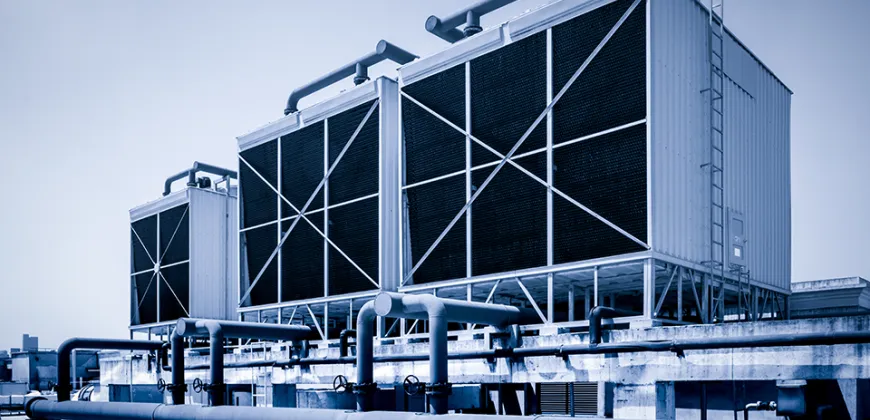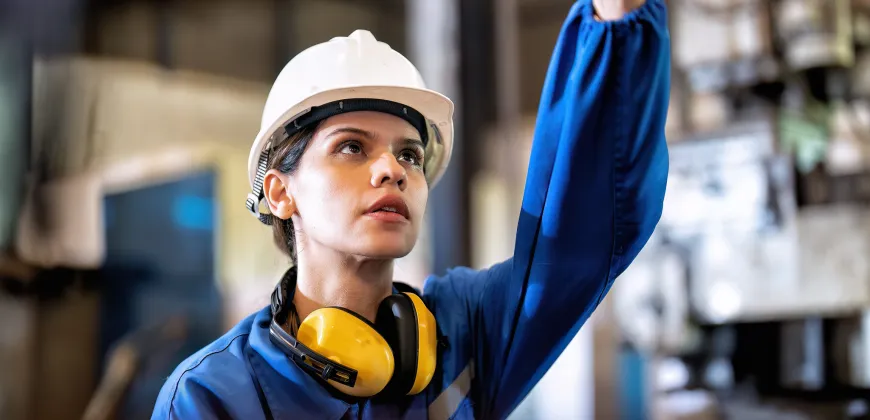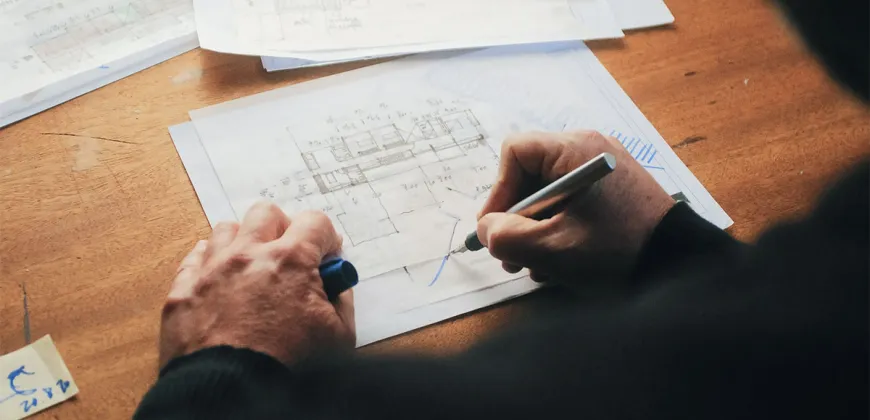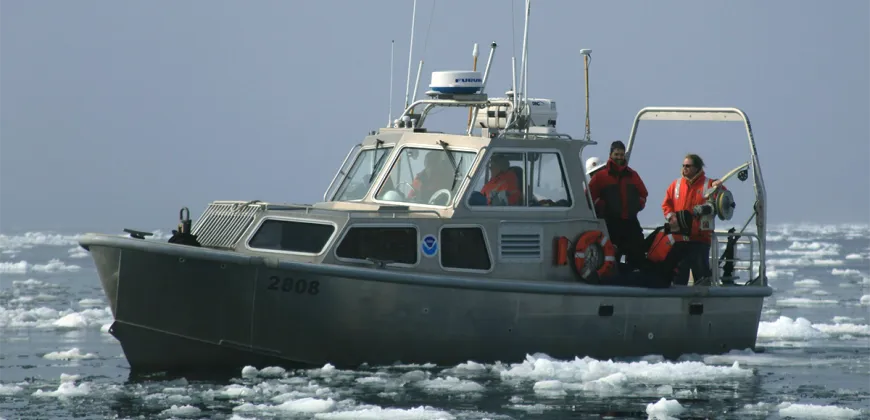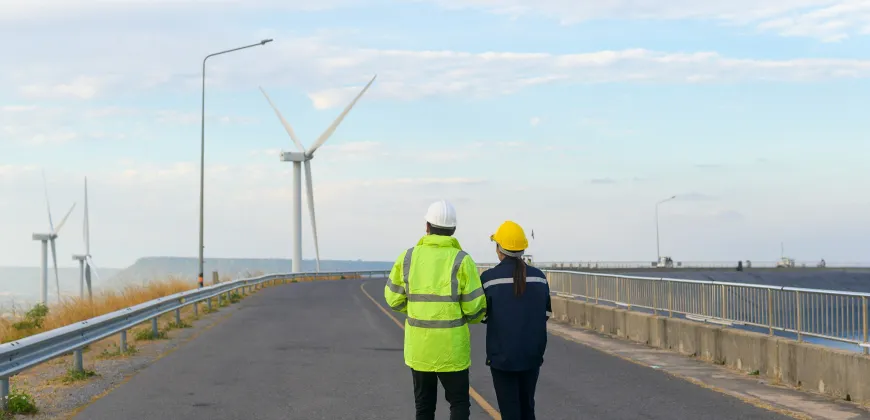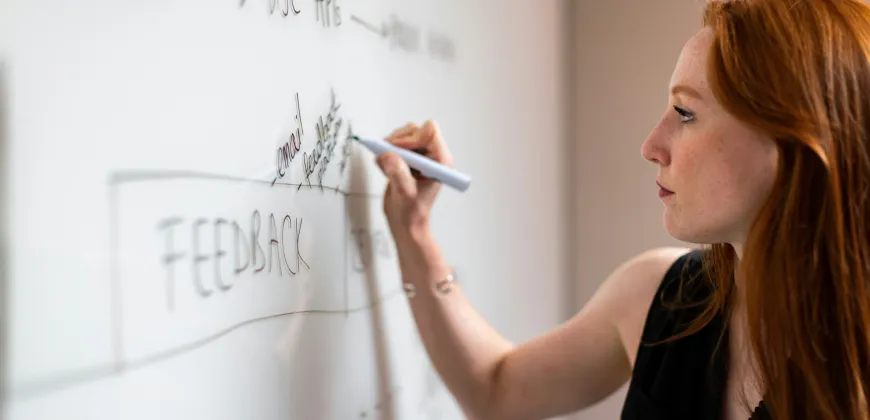The MEL and MHLP offer sector-specific programs in key industry areas undergoing dynamic growth and change.
These programs are designed to bridge the gap between technical expertise and essential leadership skills, equipping students with a unique blend of knowledge that drives innovation and progress.
Find out what makes these programs so unique by exploring articles written by program directors and instructors, covering everything from emerging industry trends to field trips and conferences that connect you directly with sector leaders.
See how each specialization is intentionally built around society’s biggest challenges—decarbonizing energy, creating resilient cities, advancing sustainable naval engineering, driving systemic change in health care settings and more—so that every project, practicum, and conference empowers you with the technical and leadership skills to work for transformative change within your industry.

